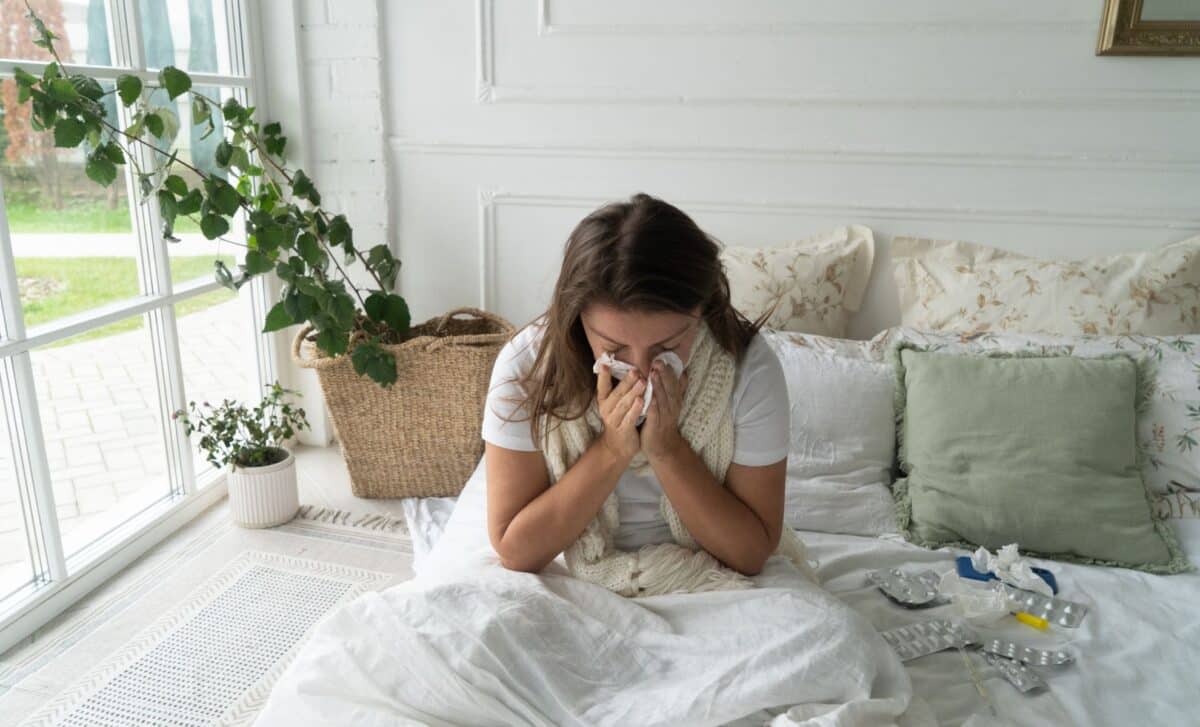Norovirus, which is well-known for its tenacity and capacity to spread through contaminated food, surfaces, and intimate contact, can have a serious negative effect on susceptible groups, especially small children and the elderly. To stop the spread of this enduring infection, authorities are stressing the importance of taking preventative action.
Norovirus : Heightened concerns over transmission
Often referred to as the “winter vomiting bug,” norovirus is a major cause of acute gastroenteritis worldwide. Public health organizations have been reminding people of the significance of isolation and strict cleanliness procedures as a result of the UK’s constantly increasing case count.
The NHS states that the norovirus can spread by direct contact with sick people, contact with contaminated surfaces, and ingestion of food prepared by infected people. Interestingly, hand gels that include alcohol, which are frequently used for disinfection, do not work against the virus, therefore washing your hands thoroughly with soap and water is essential.
The virus is particularly harmful in public locations, such as schools, workplaces, and assisted living facilities, where it spreads swiftly. Authorities are requesting that anyone experiencing symptoms such as diarrhoea and vomiting stay at home and avoid public places for at least 48 hours after their symptoms subside, in order to prevent the illness from spreading.
Protecting families and communities
For households where a member has contracted norovirus, experts recommend immediate action to reduce the risk of spread. Contaminated surfaces should be disinfected with bleach-based cleaners, and linens or clothing exposed to the virus should be washed at high temperatures (60°C) while wearing protective gloves.
Preventive measures also extend to keeping infected individuals away from food preparation areas and shared meals until their symptoms have fully resolved. Vulnerable environments, such as hospitals and care homes, are particularly sensitive to outbreaks, and visitors are advised to exercise caution.
Maintaining hydration is critical during norovirus illness to replace fluids lost through vomiting and diarrhoea, with oral rehydration solutions or non-caffeinated, non-alcoholic drinks being effective for addressing mild dehydration. Signs of dehydration, particularly in children, include reduced tear production, unusual drowsiness, or irritability, and severe cases may require immediate medical attention, including intravenous fluids.
While most cases resolve within a few days, serious symptoms such as persistent dehydration or unusual discharges should be treated promptly. Public health messages emphasize the importance of rest and hydration during recovery, and by following these guidelines, families and communities can mitigate the effects of norovirus and help prevent its spread.









